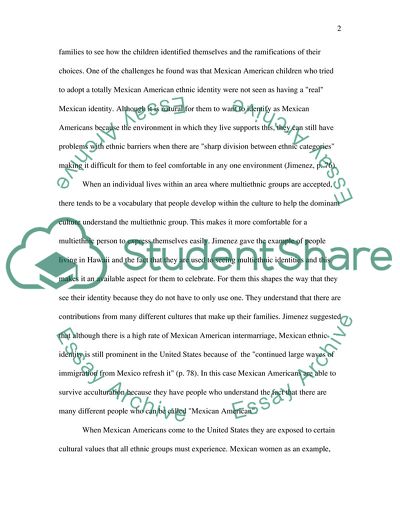Cite this document
(Mexican American Mental Health Article Example | Topics and Well Written Essays - 2000 words, n.d.)
Mexican American Mental Health Article Example | Topics and Well Written Essays - 2000 words. https://studentshare.org/psychology/1725748-mexican-american-mental-health
Mexican American Mental Health Article Example | Topics and Well Written Essays - 2000 words. https://studentshare.org/psychology/1725748-mexican-american-mental-health
(Mexican American Mental Health Article Example | Topics and Well Written Essays - 2000 Words)
Mexican American Mental Health Article Example | Topics and Well Written Essays - 2000 Words. https://studentshare.org/psychology/1725748-mexican-american-mental-health.
Mexican American Mental Health Article Example | Topics and Well Written Essays - 2000 Words. https://studentshare.org/psychology/1725748-mexican-american-mental-health.
“Mexican American Mental Health Article Example | Topics and Well Written Essays - 2000 Words”. https://studentshare.org/psychology/1725748-mexican-american-mental-health.


